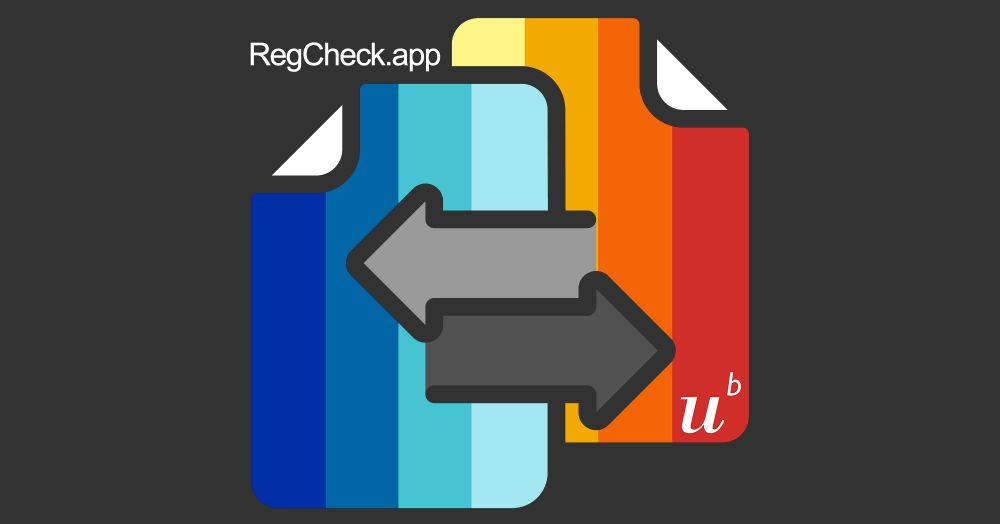
Two episodes are live:
Chirag Patel on Exposomics, and Vibration of Effects: youtu.be/RT2nypyb-iM?...
@floriannaudet.bsky.social on Clinical Trials, Registered Reports, and Psychiatry: youtu.be/fn4qtnc99Xo?...

Two episodes are live:
Chirag Patel on Exposomics, and Vibration of Effects: youtu.be/RT2nypyb-iM?...
@floriannaudet.bsky.social on Clinical Trials, Registered Reports, and Psychiatry: youtu.be/fn4qtnc99Xo?...
RegCheck was built to help make this process easier.
Today, we launch RegCheck V2.
🧵
regcheck.app

RegCheck was built to help make this process easier.
Today, we launch RegCheck V2.
🧵
regcheck.app
At table 5, they start controlling for post-treatment variables and drawing unsupported conclusions about mechanisms.
Remove to improve!
www.journals.uchicago.edu/doi/full/10....
At table 5, they start controlling for post-treatment variables and drawing unsupported conclusions about mechanisms.
Remove to improve!


1/

1/

Question donc : le format de publication a encore du sens ?
L’IA générative ajoute un stress pour les auteurs soumettant leur manuscrit à une revue : les reviewers l’ont-ils passé à la moulinette de ChatGPT ? Si oui, que vaut leur relecture ?
Des réponses dans notre analyse de la semaine :
themeta.news/bientot-revi...


Question donc : le format de publication a encore du sens ?
Assistant or Associate Professor Position in Computational Sociology @crestsociology.bsky.social @ipparis.bsky.social
Details here (please RT)
www.shorturl.at/E57le

Assistant or Associate Professor Position in Computational Sociology @crestsociology.bsky.social @ipparis.bsky.social
Details here (please RT)
www.shorturl.at/E57le
But not today.


But not today.
Credit to Bastian for the photo and this perspective.
Credit to Bastian for the photo and this perspective.
Here's data from Australia (HILDA), average agreement with the statement "I often feel very lonely" (SD of ca. 1.8).>

Here's data from Australia (HILDA), average agreement with the statement "I often feel very lonely" (SD of ca. 1.8).>

We studied both average effects and individual differences in effects using longitudinal data: doi.org/10.1177/2700...

We studied both average effects and individual differences in effects using longitudinal data: doi.org/10.1177/2700...
We analyzed 100 survey experiments fielded by TESS (tessexperiments.org), using only information from the proposals to identify intended hypotheses.
Here are some of the things we learned:

We analyzed 100 survey experiments fielded by TESS (tessexperiments.org), using only information from the proposals to identify intended hypotheses.
Here are some of the things we learned:



The stats literature:

The stats literature:
Link: www.nber.org/papers/w34671

Link: www.nber.org/papers/w34671

